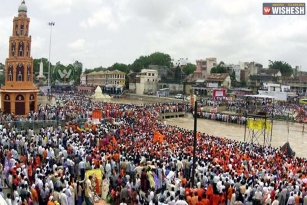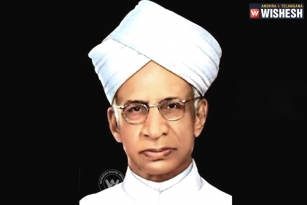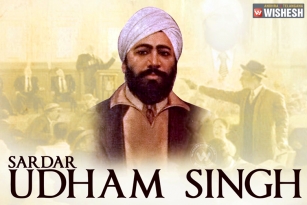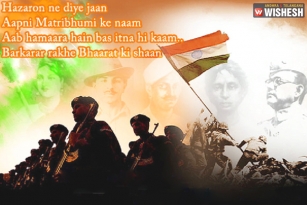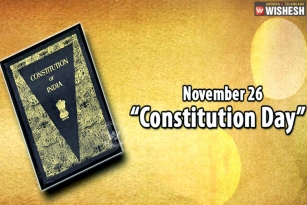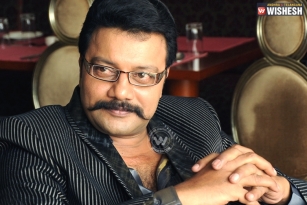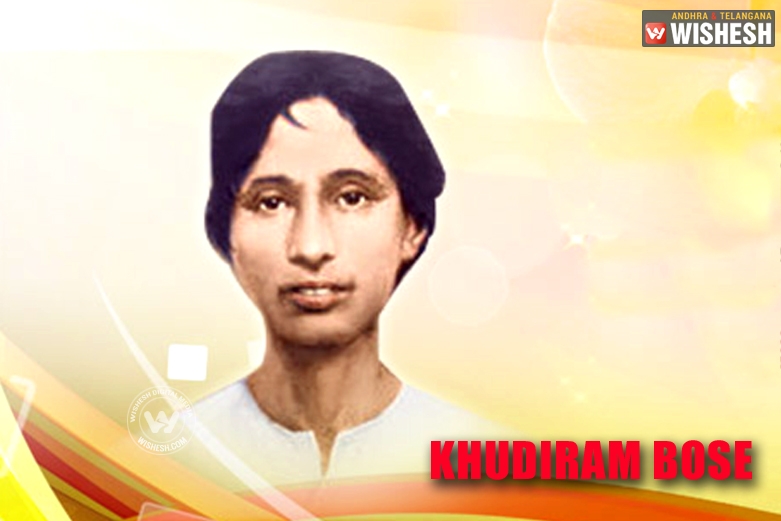
Khudiram Bose was one of the young revolutionaries of the Indian independence movement. He was born on 3rd December 1889 at Bahuvaini in Medinipur district, West Bengal. Trailokyanath Basu, his father was a Tahsildar of the town and mother Lakshmipriya Devi was a religious lady. He sacrificed his life to fight for the freedom of Hindustan. At the time of his hanging on 11th August 1908, he was 18 years, 8 months 8 days old.
During the period of 1902 and 1903, Sri Aurobindo (who was in the early stage of his life was a revolutionary leader and ideologue) and Sister Nivedita respectively visited Medinipur and held a series of public lectures along with secret planning sessions with the revolutionary groups. Khudiram was one among the teenage student community of the town which was fired up with a burning inspiration of revolution. Khudiram Bose was influenced by the notion of karma in the Bhagvad Gita. Khudiram walked his first steps towards the fight for freedom from the inspiration of these leaders. Khudiram as a student of the Midnapore Collegiate School, dared to request a teacher, Hemchandra Kanungo for a revolver.
Dissatisfied with the British policy on the partition of Bengal in 1905, he joined Jugantar, the party of revolutionary activists. Khudiram, at the young age of sixteen, planted bombs near police stations and targeted government officials.
On 30th April, 1908 at Muzzafarpur, Bihar, Khudiram Bose and Prafulla Chaki planned to assassinate the Chief Presidency Magistrate Kingsford. The magistrate was known for his blatant judgements against the freedom fighters. They waited for Kingsford's carriage to reach in front of the gate of European Club and blew up a carriage. Unfortunately, he missed the target and killed two innocent British ladies, Mrs. Kennedy and her daughter. Khudiram Bose and Prafulla Chaki fled the crime scene. Later Prafulla committed suicide before the arrest and Khudiram was arrested. On the charges of bomb attacks carried out by Khudiram Bose, he was sentenced to death at the age of 19. He was hanged to death on 11 August 1908.
On 1st May, the handcuffed Khudiram was brought to Muzaffarpur. The entire town descended at the police station to take a look at the teenage boy who was surrounded by a team of armed policemen. Khudiram was taken to the house of the district magistrate Mr. Woodman.
The English daily, The Statesman, wrote on the following day, May 2, 1908, ‘The Railway station was crowded to see the boy. A mere boy of 18 or 19 years old, who looked quite determined. He came out of a first-class compartment and walked all the way to the phaeton, kept for him outside, like a cheerful boy who knows no anxiety, on taking his seat the boy lustily cried 'Vandemataram'.
The historical trial started on 21st May 1908. The Judge was Mr. Corndoff and two Indians, Nathuniprasad and Janakprasad, were appointed as jury. Throughout the British Raj and throughout the period of armed revolution, the British could not allow anyone, be it a brave revolutionary or an enemy country, to threaten their unjust colonial rule. The Judge pronounced the death sentence for Khudiram.
Khudiram's immediate and spontaneous response was a smile. The judge got surprised and asked Khudiram whether he had understood the meaning of the sentence that was just pronounced. He replied with a smile that he surely had. When the judge asked him again whether he had anything to say, in front of a packed audience, Khudiram replied with the same smile that if he could be given some time, he could teach the judge the skill of bomb-making.
The Amrita Bazar Patrika, one of the prominent dailies of that era, carried the story of the hanging the next day, on 12 August. Under the headline "Khudiram's End: Died cheerful and smiling" the newspaper wrote: "Khudiram's execution took place at 6 a.m. this morning. He walked to the gallows firmly and cheerfully and even smiled when the cap was drawn over his head." An established British newspaper, The Empire, wrote: "Khudiram Bose was executed this morning. It is alleged that he mounted the scaffold with his body erect. He was cheerful and smiling."
Though a failed mission, Khudiram has been remembered for his attempt and martyrdom for reasons more than the attempt itself. His revolutionary attempt, along with that of his partner in the mission, Prafulla Chaki, marked the beginning of the intense period of armed revolution against the British Raj which came to be known as the "Agni-Yuga" or the "fiery age". Dozens and dozens of brave young men, many of them still in their teens like Khudiram, became inspired and fearless for a cause greater than themselves and gave themselves up one after the other as sacrificial offerings at the British gallows. He became the first of the revolutionaries of the said period to be martyred by being hanged.
By Premji



